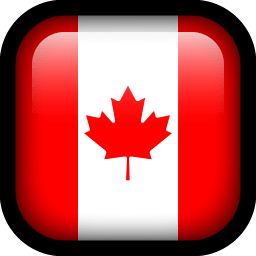The federal government recently passed two bills into law, C-244 and C-294. These make it not a copyright violation to break or bypass a digital access control to software/hardware you own have legitimate access to, for the purposes of diagonstics/maintenance/repair, and interoperability respectively. Article from The Sarnia Observer
What are your thoughts?
deleted by creator
Good to hear. I’m cautiously optimistic. Has Michael Geist weighed in on this yet?
Interesting… But what if the tos/Eula state that reverse engineering gets your incense revoked, then you aren’t a legitimate user/owner anymore, right?
If you have to reverse engineer it to fix something that should be working that isn’t or to get it to interface with another program, as far as I read it it should be allowed. If it’s against their T&C they might be able to revoke the license or terminate the contract, but you wouldn’t have contravened copyright under these new rules so it would be harder to pursue legal action against you.
Example if someone is trying to get a game they purchased to work on Linux, then they can break or bypass the TPM, DRM, or anti-tamper if it won’t run on Linux because of it, or to debug or fix a crash. The most they could do in response is take away the thing you bought and go after you if you solicited tools to bypass the DRM. They also aren’t obligated to make it easy to bypass.
You can’t sign away your rights. All it means is that the TOS is invalid and those clauses wouldn’t hold up in Canadian courts. The bottom of every eula has a clause that basically says that if any of the eula violates local laws then the laws supercede it!
Is it right to repair only for agricultural equipment? Or does it extend to common everyday electronics as well?
It’s not restricted to any industry which is good news.
So it’s generic enough to set a precedent for other items/industries? That’s good news. These kinds of things would help. I wish we take similar steps like the EU where they make it a law to simplify repairs and stating the life expectancy of certain products.
I see a problem with the term “that you own”. Basically all software is not owned, just licensed.
Was paraphrasing a bit, the verbiage in C-294 is “a lawfully obtained computer program” so it can be just licensed to you. Not a lawyer so take from it what you will. Edited my post
Thanks for the clarification. That really makes a difference.

